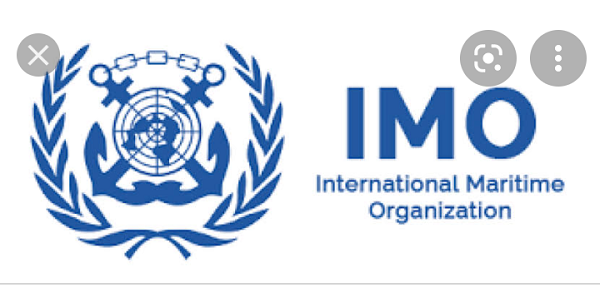Secretary-General of the International Maritime Organisation (IMO), Kitack Lim has welcomed the launch of a new collaborative framework to combat illicit maritime activities in the Gulf of Guinea.
Speaking at the inaugural meeting of the Gulf of Guinea Maritime Collaboration Forum and Shared Awareness and De-confliction conference (GOG-MCF/SHADE) on Wednesday, Lim said he was encouraged by its establishment of the forum.
GOG-MCF/SHADE aims to facilitate shared awareness and de-conflict activities in the region by linking all relevant stakeholders to advance and coordinate maritime security activities.
He said, “The security situation in the Gulf of Guinea remains at the top of IMO’s and my personal priorities. International shipping is suffering. Piracy and armed robbery continue to damage the economy and trade. This situation has continued for several years, and these illegal acts must be stopped. Now is the time to make real progress.”
The GOG-MCF/SHADE is co-chaired by the Inter Regional Coordination Centre (ICC) Yaoundé and Nigeria.
Lim acknowledged positive strides in the area of interagency cooperation and response on a regional and international level, highlighting anti-piracy legislation passed by Ghana, recent convictions of pirates in Togo, and Nigeria’s Deep Blue Project.
He said IMO will continue to support training and other capacity-building activities for Gulf of Guinea states as well as cooperative regional efforts, under the framework of the Yaoundé Code of Conduct, an agreement signed by countries in the region who commit to working to repress piracy, armed robbery against ships and other illicit maritime activity. At the request of the Economic Community of Central African States (ECCAS), the Economic Community of West African States (ECOWAS) and the Gulf of Guinea Commission, IMO continues to work with the ICC Yaoundé, including supporting a series of regional expert level online meetings aiming to assess the implementation and sustainability of the Yaoundé Code of Conduct and to provide recommendations to the three organisations.


Comment here